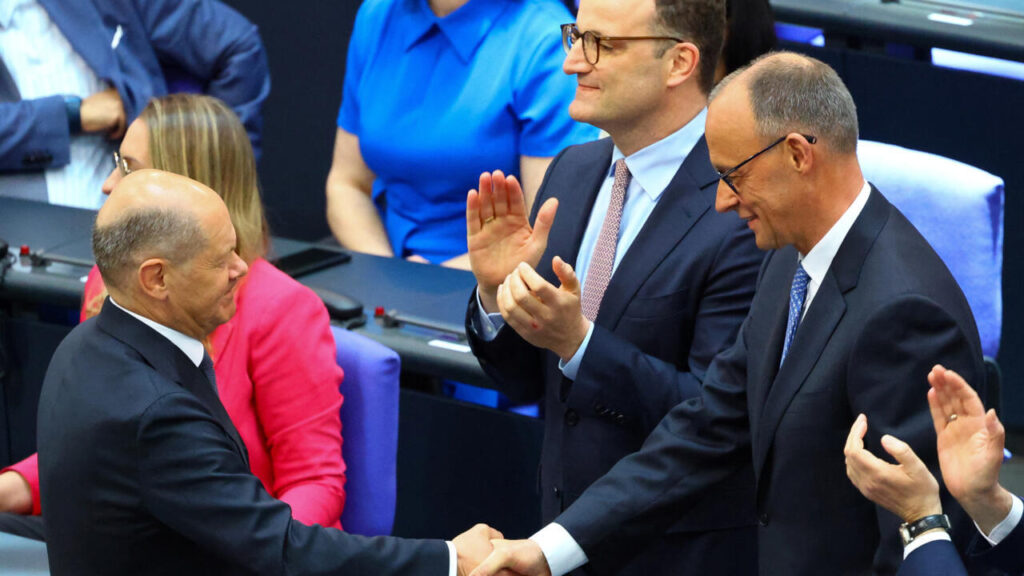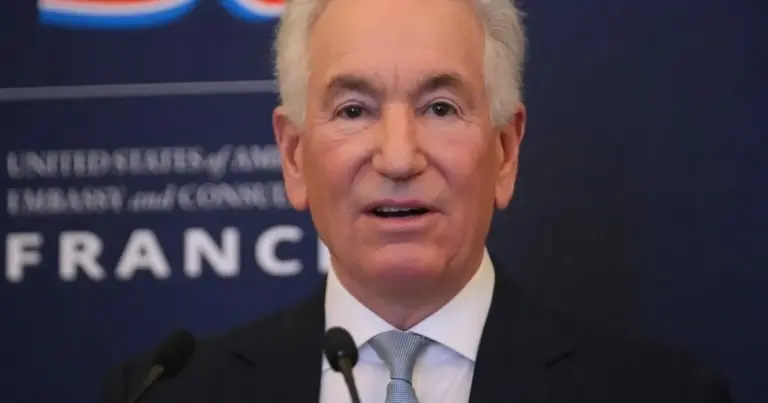
Introduction
The political landscape in Germany has experienced considerable shifts in recent years, especially following the federal elections in September 2021. With ongoing debates surrounding the direction of the country’s leadership, Friedrich Merz, the leader of the Christian Democratic Union (CDU), has emerged as a key figure. His potential bid for the Chancellorship reignites discussions on conservative values and the future policies of Germany.
The Rise of Friedrich Merz
Friedrich Merz, who has a long-standing career in German politics, returned to the forefront of the CDU in 2021, succeeding Armin Laschet as party leader after a challenging electoral run. Merz, a lawyer and businessman, represents a more traditional conservative approach, contrasting with the current Chancellor Olaf Scholz of the Social Democratic Party. His leadership is seen by some within the party as a necessary step back to the CDU’s foundational principles amidst the rise of alternative parties like the Greens and the far-right AfD.
Current Political Climate
Merz’s recent public appearances include a focus on economic reform, social policies, and national security, all pivotal points as Germany navigates the aftermath of the COVID-19 pandemic and ongoing geopolitical tensions, particularly with Russia and Ukraine. His criticisms of the government’s energy and economic strategies underscore his stance as a potential candidate for the next leadership election.
The Path Forward for Germany
Political analysts highlight that Merz’s potential candidacy for Chancellor will largely depend on the CDU’s ability to unify its party members and present a cohesive strategy that resonates with voters. Issues like inflation, climate change, and immigration will be central to his campaign message. As the next federal elections are expected in 2025, Merz has already begun laying out key policies that might define his leadership vision, should he succeed in attracting support.
Conclusion
Friedrich Merz’s position as the CDU leader places him in a pivotal role in shaping the future political landscape of Germany. His traditional conservative approach could attract disillusioned voters seeking a return to stability as they face pressing societal challenges. Observers will keenly watch Merz’s initiatives and potential campaigns leading up to the next elections, as they will play a significant role in determining whether he can achieve his aspirations to become the next Chancellor of Germany.






